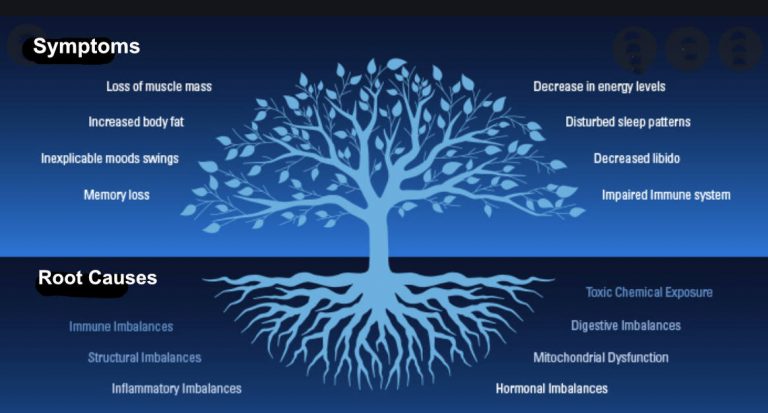
Whether you have a case of the sniffles, or it’s been a stressful day, or you’ve had a serious illness, or you just want to recover from a killer workout, functional nutrition can be a game changer in terms of recovery, prevention and overall wellbeing.
The word ‘functional’ gets thrown around a lot in health and wellness circles. So let’s get rid of some misconceptions first.
In short, functional nutrition uses specific foods and adaptogenic herbs as a framework to help the body recover from whatever life may throw your way. It’s not a fast fix. It’s not based on generic meal plans or specific dietary preferences. Rather it takes an individual approach to maintaining wellbeing by restoring the nutritional balance the body requires to function effectively.
The bonus is it can work within your specific dietary framework whether you’re embracing keto or paleo or any other dietary lifestyle. It’s a modality that can be used alone, or it can complement the work you’re doing with your physician, naturopath, acupuncturist, or other health practitioner.
Functional Medicine

To understand functional nutrition, it’s best to take a look at functional medicine as a whole because they are interrelated. Functional medicine is an approach to treating health conditions and preventing further disease by finding the root cause of a health concern.
It’s a logical, systematic way of uncovering what ails you while paying attention to your unique life circumstances. The practice treats the individual, not the diagnosis.
Instead of rubber stamping a diagnosis and treating just the symptoms, functional medicine practitioners seek to discover the ‘why’ behind a diagnosis. Patients go through an in-depth assessment which examines the body’s entire system to evaluate how effectively or ineffectively the body’s intercellular communication system is working. Ultimately, the practitioner recommends interventions that help restore the body’s balance by addressing factors such as diet, stress, sleep and even relationships.
Functional medicine is the future of healthcare but not because it’s the latest trend. Rather, it brings back the foundation of what healthcare should be — treating the needs of the individual patient.
Functional Nutrition

Functional nutrition is a cornerstone of functional medicine.
It’s the use of whole foods and adaptogenic herbs to help replete nutritional deficiencies in the body in an effort to boost the body’s own self-healing modalities. They’re called adaptogens because of their unique ability to “adapt” their function according to the body’s specific needs.
They can calm you down and boost your energy at the same time without leaving you feeling overstimulated. This class of plants has been used as medicine in both traditional Chinese medicine and Indian Ayurvedic medicine for thousands of years to ward off illness and improve wellness.
By definition, adaptogenic herbs must be safe for the general population and be able to regulate the hypothalamic-pituitary-adrenal axis (HPA axis). The HPA-axis is what regulates your mood, hormones, metabolism, energy, and immune system. The sympathetic nervous system (“fight-or-flight”) also ties into that. It’s responsible for controlling body inflammation in response to stress.
Most recently, scientists have returned to these active plant compounds to help counter more modern ailments.
Research shows adaptogens contain special phytonutrients that are not present in other whole foods They help the body stay strong by naturally balancing key hormones such as cortisol, by fighting bacteria and viruses and supporting the overall health of the body’s internal organs. While some adaptogens are familiar–think — turmeric, ginger and ginseng, others like functional mushrooms are emerging as scientists expand their research.
A diet rich in whole foods and minimally processed food is always a good foundation to wellbeing. However, in this complex world, sometimes we require a more targeted approach to maintain health. Stress levels, sleeping habits, daily routines and the environment all play huge roles in our overall wellbeing and the bidirectional effect of nutrition. For example, sleep habits and stress levels affect how nutrition is digested and absorbed in the body. Science-based, functional nutrition helps address these negative biological interactions by restoring the nutritional balance the body requires to function effectively and to keep you feeling great so you can get on with your day.